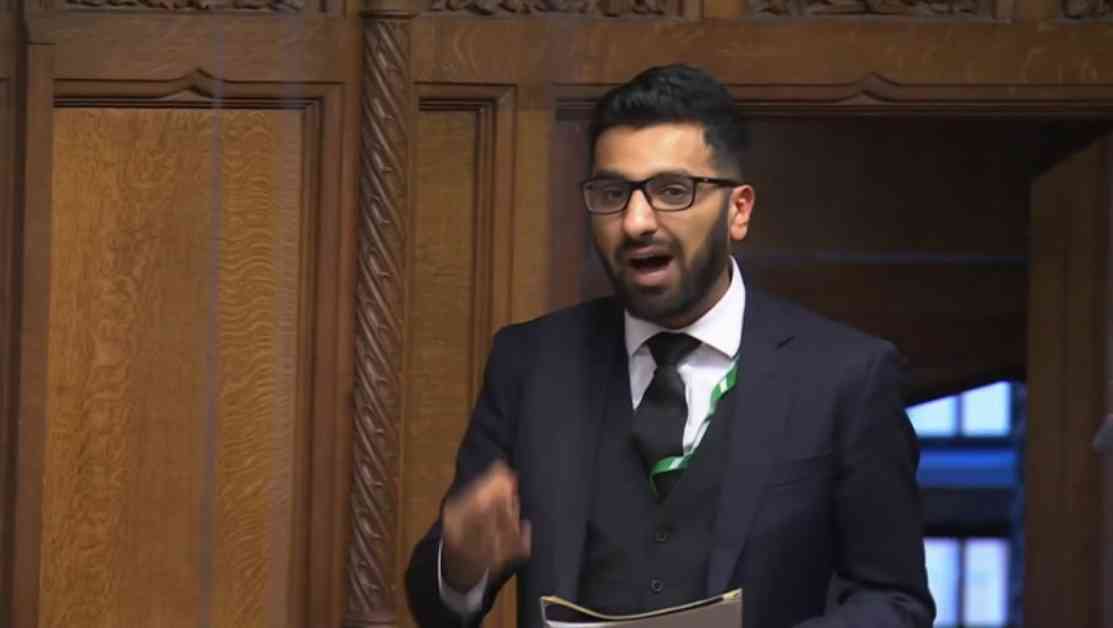During a recent assisted dying debate in the House of Commons, Independent MP Adnan Hussain stirred controversy by questioning Labour’s decision to cut winter fuel payments for some terminally ill pensioners. His comments, which were met with boos from the audience, highlighted the timing of the decision and its potential impact on vulnerable individuals.
The debate, which lasted for five hours and saw MPs from both sides of the aisle in attendance, was initiated by Labour MP Kim Leadbeater. Leadbeater emphasized that the bill under discussion was aimed at granting individuals the autonomy to decide the circumstances of their own death.
While the focus of the debate was on assisted dying, Hussain’s intervention brought attention to the broader issue of financial support for terminally ill individuals. The winter fuel payment cut, according to Hussain, has left some pensioners without a crucial source of assistance during the cold winter months.
The timing of the decision to reduce winter fuel payments, especially during a debate on assisted dying, sparked a heated discussion among MPs and members of the public. Some argued that the two issues were unrelated and should be addressed separately, while others saw Hussain’s comments as a valid point about the overall well-being of terminally ill individuals.
The debate serves as a reminder of the complex and interconnected nature of social and healthcare policies. While the focus may be on specific issues such as assisted dying, the broader context of support for vulnerable populations cannot be overlooked.
As discussions on assisted dying continue, it is important for policymakers to consider the holistic needs of terminally ill individuals, including financial support and access to essential services. By addressing these interconnected issues, policymakers can ensure that individuals facing end-of-life decisions are able to do so with dignity and support.
In conclusion, the debate on assisted dying and winter fuel payments highlights the need for a comprehensive approach to supporting terminally ill individuals. While the focus may be on specific policy proposals, it is essential to consider the broader implications for individuals who are navigating complex end-of-life decisions. By taking a holistic view of these issues, policymakers can work towards creating a more compassionate and supportive environment for those facing these challenging circumstances.












